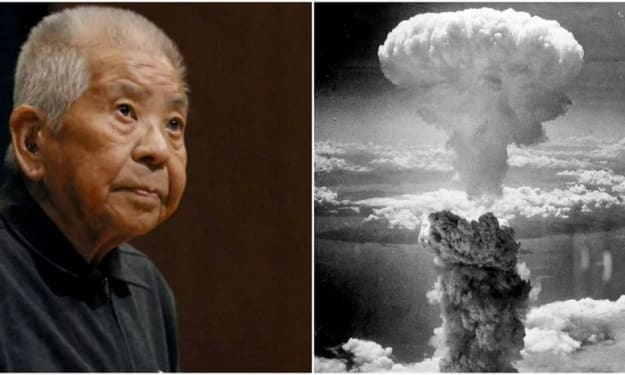Zulu Oral Traditions: Preserving History Through Storytelling and Epic Poetry
The Living Legacy of Zulu Culture: A Journey into the Rich Oral Traditions of the Zulu People

Zulu oral traditions stand as a testament to the enduring spirit and cultural heritage of the Zulu people. For centuries, storytelling and epic poetry have served as the backbone of their vibrant society, transmitting history, values, and wisdom from one generation to the next. In this article, we embark on a captivating journey into the world of Zulu oral traditions, exploring their significance, techniques, and the invaluable role they play in preserving the history and identity of the Zulu nation.
The Power of Oral Tradition:
Oral tradition holds a special place in Zulu culture, serving as a living repository of their history, beliefs, and cultural norms. Through storytelling and epic poetry, the Zulu people pass down ancestral knowledge, moral lessons, and the collective experiences of their ancestors. Oral tradition breathes life into the past, connecting generations and providing a profound sense of continuity.
The Art of Storytelling:
Storytelling occupies a central position within Zulu oral traditions. Griots, known as izimbongi, are revered as master storytellers who possess the gift of captivating their audience through the art of narrative. They skillfully weave tales of bravery, love, triumph, and tragedy, captivating listeners with their lyrical language and vivid imagery.
Epic Poetry: The Heartbeat of Zulu History:
Epic poetry, known as izibongo, takes storytelling to a grand scale, recounting the heroic exploits of Zulu warriors and kings. These poetic compositions serve as a historical archive, chronicling the triumphs and struggles of the Zulu nation. Through the rhythmic flow of words, izibongo immortalize the deeds of renowned leaders such as King Shaka, Dingane, and Cetshwayo, instilling a sense of pride and identity within the Zulu community.
Preserving History and Cultural Identity:
Zulu oral traditions serve as a powerful tool for preserving history and cultural identity. In a society where the written word was not traditionally used, storytelling and epic poetry became the primary means of transmitting knowledge across generations. Through these oral practices, the Zulu people maintain a deep connection with their ancestors, ensuring that their heritage remains alive and relevant in the present.
Oral Tradition as an Educational Tool:
Beyond preserving history, Zulu oral traditions play a crucial role in education. They serve as a medium for imparting moral values, social norms, and life lessons. The tales of mythical creatures, ancestral spirits, and societal customs provide a moral compass for young Zulu individuals, instilling in them a sense of responsibility, respect, and community cohesion.
The Role of Memory and Performance:
Zulu oral traditions rely heavily on the power of memory and the art of performance. Through years of apprenticeship and observation, the izimbongi and praise singers meticulously memorize vast amounts of oral literature, ensuring the preservation of the oral heritage. The performance itself is a dynamic and interactive experience, with audience participation and rhythmic chants enhancing the storytelling process.
Challenges and the Digital Era:
In the face of modernization, Zulu oral traditions have encountered challenges. The advent of the digital age and the proliferation of written records have posed threats to the practice of oral storytelling. However, efforts are being made to embrace technology while preserving the authenticity of oral traditions. Recordings, documentaries, and online platforms have emerged as valuable tools for archiving and sharing Zulu oral literature, ensuring its accessibility to a wider audience.
Safeguarding the Living Legacy:
Recognizing the importance of Zulu oral traditions, initiatives have been undertaken to safeguard and promote their continuation. Cultural organizations, educational institutions, and community leaders collaborate to document, teach, and pass on these practices. By fostering intergenerational knowledge exchange and encouraging the participation of young Zulu individuals, the living legacy of Zulu oral traditions is preserved and celebrated.
Zulu oral traditions stand as a testament to the rich cultural heritage of the Zulu people. Storytelling and epic poetry serve as powerful vehicles for preserving history, passing on wisdom, and instilling a sense of identity and pride within the community. As we delve into the enchanting world of Zulu oral traditions, we gain a deeper appreciation for the profound impact they have had on the Zulu nation throughout history. Let us continue to celebrate and support these living traditions, ensuring that the voices of the Zulu people echo through the ages.
About the Creator
Ingrid Maibelo
Ingrid is a passionate writer and explorer of knowledge, sharing captivating articles on diverse topics. Unveiling mysteries and sparking curiosity, I invite you to embark on a journey of discovery through their thought-provoking pieces.





Comments
There are no comments for this story
Be the first to respond and start the conversation.